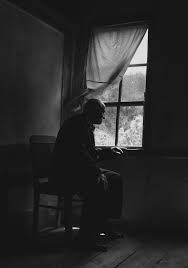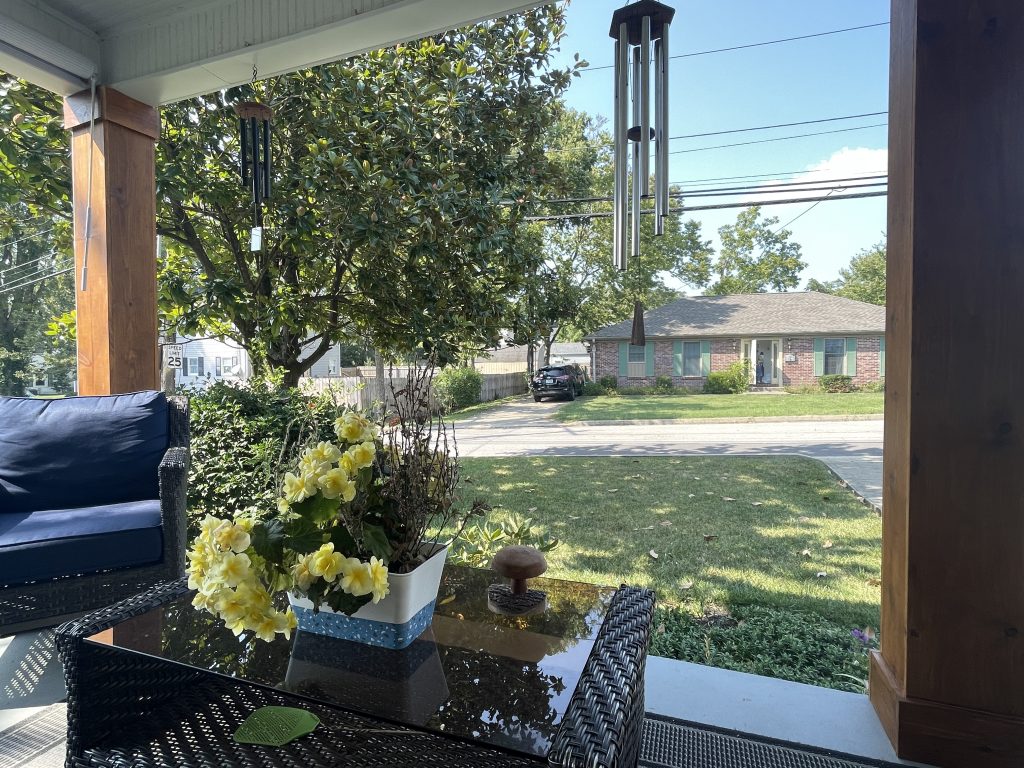
Understand that friends come and go, but with a precious few you should hold on. Work hard to bridge the gaps in geography and lifestyle, because the older you get, the more you need the people who knew you when you were young.
Mary Schmich
Parent -Adult Children
…one of the best predictors of parents’ and adult children’s psychological well-being is the quality of their relationship. So many people in American society are stuck on the idea that too much closeness gets in the way of growth—when in fact closeness can help build a future. “If I develop my identity as a person simply by sort of rejecting my affiliation with family and other systems,” Goldsmith said, “I’m sort of developing myself in a vacuum. And that’s not actually desirable.”
Parents and kids who can count each other as family and friends are the luckiest of all. For decades, the parent-child relationship has been somewhat transactional: A parent keeps a child alive and healthy until adulthood, and eventually the grown kid comes back to take on the caregiver role. Under that model, the lives people lead in between—their silly exploits and daydreams, their minor grievances and pet peeves—happen largely out of each other’s sight. But why should all those everyday fragments be the province of only peers and partners? If people could stop worrying about whether the new parent-child closeness is a “crisis,” perhaps they’d come to see how beautiful it is for family members to ask—and receive—more from one another.
The Atlantic
Between Is and Ought
In two decades of seminary teaching, I met many brilliant, theologically astute students who were incredibly immature in their everyday lives. There was often a vast gap between their confessional and functional theology.
Students who could articulate the sovereignty of God were paralyzed by worry. Students who could expound on the glory of God would dominate classroom discussions for the sake of their own egos.
I counseled students who could explain the biblical doctrine of progressive holiness while nurturing secret worlds of lust and sexual sin. Students who could explain the biblical teaching of God’s grace were harsh, judgmental legalists.
Many young men who were months away from ministry could preach brilliantly on the love of God yet had little love for the real people they were about to start pastoring.
Don’t be too quick to assume heart change has occurred just because acknowledgment or affirmation has been verbalized. Yes, we first need people to see, know, and understand, but we also need them to apply that insight to their daily lives.
For many people, it is much easier to know what is wrong than how to change it. A sister in the Lord may understand the major themes, truths, and promises of Scripture, but she may not know how to use them in certain situations, struggles, and relationships.
“But be doers of the word, and not hearers only, deceiving yourselves. For if anyone is a hearer of the word and not a doer, he is like a man who looks intently at his natural face in a mirror. For he looks at himself and goes away and at once forgets what he was like. But the one who looks into the perfect law, the law of liberty, and perseveres, being no hearer who forgets but a doer who acts, he will be blessed in his doing” (James 1:22-25).
Paul Tripp
A Good Life
The dominant narrative of modernity (constantly marketed to us) has been the promise of a better life (“the good life”) through progress, technology, and the acquisition of wealth. There have been remarkable discoveries (antibiotics, analgesics, surgeries, etc.) that frequently improve our medical well-being. However, the narrative itself tends to demonize suffering in a manner that while producing “the good life,” fails miserably at producing “a good life.” Modernity does not suffer well or virtuously.
The gospels and our faith describe a normal life, charged with glory but sifted in the suffering of our broken existence. God has entered into this very world, emptying Himself even to encompass the whole of our suffering in the fullness of the Cross. We learn to find Him there and discover that in that very emptiness He has given us His fullness. The normal life, lived fully, becomes the vehicle of our transformation.
Fr Stephen Freeman
Don’t ever tolerate disrespect because you want someone to like you. Not only will they not like you, but you will quickly stop liking yourself.
Mark Manson
Car Colors
When it comes to their cars, more consumers are going gray, and now, roads are half as colorful as they were twenty years ago.
Grayscale colors like white, black, gray and silver make up 80% of cars today, up from 60% in 2004, according to a recent analysis by iSeeCars.com.
Since 2004, colors like gold (-97%), green (-51%), red (-38%) and blue (-18%) have seen their market share drop. Meanwhile, gray (+82%), white (+77%) and black (+57%) cars have become significantly more popular.
Cotton Mather: “My usefulness was the last idol I was willing to give up; But now I thank the Lord, I can part with that also, and am content to be anything or nothing, so that His wise and holy will may be done!”
Cognitive decline isn’t something to mock, it’s something to mourn. And it’s something for us to reflect upon for ourselves. I’ve watched as that first realization of cognitive decline falls upon a person. It is scary to them, and to those who love them. And they want to hang onto usefulness to the very end—you likely will too.
Love
Yet before you can love your neighbor—your brother or sister—as yourself, you must first love yourself. And to first love yourself, you must know that God loves you now and loves you always.
—Archbishop Desmond Tutu, God Has a Dream
There’s a fine line between a numerator and a denominator. Only a fraction of people will find this funny.
Nap time
Ever woken up from a nap and felt more tired? Or so discombobulated you forgot which planet you were on?
There’s a term for that sleepy, almost-drunk feeling – it’s called sleep inertia, says Dr. Seema Khosla, a sleep medicine physician and the host of Talking Sleep, a podcast from the American Academy of Sleep Medicine. It’s a sign you’re overshooting your napping mark. It can slow you down in the short term and potentially sabotage your nighttime sleep in the long run.
To avoid that, you’ll need to keep your naps “consistent, early and brief,” says Jade Wu, a sleep medicine specialist and the author of the book Hello Sleep.
Scot McKnight
The Responsibility of Belief
In 1877 a British philosopher and mathematician named William Kingdon Clifford published an essay called “The Ethics of Belief.” In it he argued that if a shipowner ignored evidence that his craft had problems and sent the ship to sea having convinced himself it was safe, then of course we would blame him if the ship went down and all aboard were lost. To have a belief is to bear responsibility, and one thus has a moral responsibility to dig arduously into the evidence, avoid ideological thinking and take into account self-serving biases. “It is wrong always, everywhere, and for anyone, to believe anything upon insufficient evidence,” Clifford wrote. A belief, he continued, is a public possession. If too many people believe things without evidence, “the danger to society is not merely that it should believe wrong things, though that is great enough; but that it should become credulous, and lose the habit of testing things and inquiring into them; for then it must sink back into savagery.”
David Brooks

View from the Front Porch

“Teach us to number our days, that we may gain a heart of wisdom”
Ps 90:12
STILL ON THE JOURNEY
Enjoyed your gatherings this morning George! Suffer well today!